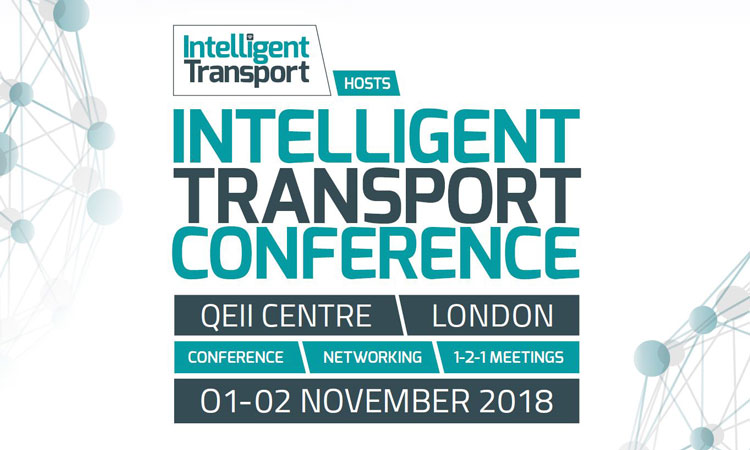Q&A with Intelligent Transport Conference’s Shane Hymers
- Like
- Digg
- Del
- Tumblr
- VKontakte
- Buffer
- Love This
- Odnoklassniki
- Meneame
- Blogger
- Amazon
- Yahoo Mail
- Gmail
- AOL
- Newsvine
- HackerNews
- Evernote
- MySpace
- Mail.ru
- Viadeo
- Line
- Comments
- Yummly
- SMS
- Viber
- Telegram
- Subscribe
- Skype
- Facebook Messenger
- Kakao
- LiveJournal
- Yammer
- Edgar
- Fintel
- Mix
- Instapaper
- Copy Link
Posted: 25 October 2018 | Shane Hymers - TfL | No comments yet
Ahead of 2018’s Intelligent Transport Conference on 1-2 November, we asked Shane Hymers what he’s most looking forward to about this year’s event.


What can delegates expect to learn from your session(s) at this year’s Intelligent Transport Conference?
I will be talking about my thoughts on the future of bus services and the crucial role of leveraging technology in the right way.
With the overall decline of bus use in recent years, I know that many bus operators are becoming increasingly nervous about market disrupters such as the on-demand private hire trend and many are seeking ways to follow suit. However, if you look at general trends of ‘door-to-door’ journey pooling services across the globe, many of these quickly find the model unsustainable and switch to boarding and alighting points at convenient locations nearby, similar to bus stops!
My view therefore, is that bus operators need to continue to focus on what they do best, moving large volumes of people from A-B via simple, frequent, reliable, comprehensive and affordable bus networks, After all, it is generally not bus operations that are failing, rather they are being failed by their operating environments.
Good honest information is the key to keeping customers onboard (unless you are telling them it is quicker to walk!), and solid datasets are the most powerful tool in lobbying for better operating conditions.
What would you say has been the biggest step forward in transport technology in recent years?
Smartphones and applications enable, autonomy could reduce costs, but for me there is only one winner, it is electrification. Air quality is a massive problem not just for London but globally, and I think we should all be banging this drum. I always assumed that the rapid rise of veganism was solely based on animal welfare (and ones Instagram posts), but I recently attended a youth event and I was astounded by the consideration that was given to the environment in this lifestyle choice. Crucially, I noted a huge disinterest in car ownership in favour of more sustainable modes; it is now usership over ownership. Opportunity!
In your opinion, which public transport organisations do you think are doing the best work to modernise transport?
I think Transport for West Midlands are trailblazing at the moment!
I have also been most impressed with Kent County Council’s simple review of how they could modernise their rural bus services through their ‘Big Conversation’ public consultation. Service users and potential service users are always the best source of wisdom and this is too often overlooked by us transport professionals. As a rural Kent resident who would love to be ‘carless’, I look forward to seeing what they do next!
What challenges do you think the public transport sector will face in the future concerning how transport technology is utilised?
Regulation is the big one for me. Technology is moving at a pace that legislation simply cannot keep up with and I fear this could stifle innovation.
Looking at the Conference’s programme, who among your fellow speakers are you most interested to hear from and why?
Claire Haigh [CEO of Greener Journeys], I always feel motivated by her words. We need political change, we need better investment in buses and Claire always makes such compelling arguments that are really tough to dispute.
Biography


Having played a leading role in developing the bus strategies within the latest Mayor’s Transport Strategy for London, Shane is now committed to ensuring that these are delivered. This will include evaluating demand responsive transport for London and improving the communication of journey disruption and alternative options to bus passengers.
Related organisations
Transport for London (TfL)
Related people
Shane Hymers








